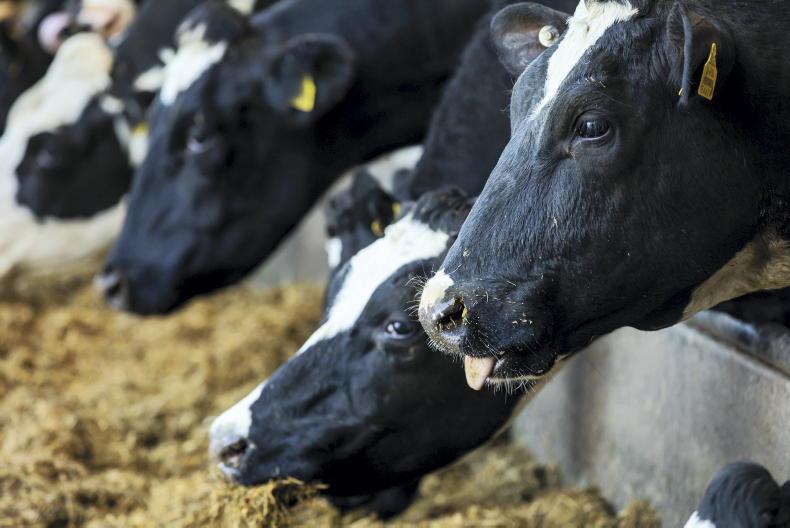After the turmoil of the post-Brexit years and the crazy pursuit of trade deals by the last Tory-led UK government, perhaps it was naïve to think that a new Labour administration would bring a level of stability to farming and put a real value on domestic food production.
Instead, the change to inheritance tax (IHT) announced in the autumn budget delivered by chancellor Rachel Reeves has caused a level of fear and concern among farming families that far outweighs anything seen in recent years.
What makes the policy even harder to accept has been the attempt by government ministers to justify the change, while claiming that it protects small family farms. The reality in NI is that a new threshold for agricultural property relief (APR) of £1m equates to a small-holding or a hobby farm, not a farm that can actually deliver any sort of sustainable full-time income.
In the cold light of day, solutions will emerge and the government is right to point out that there are other IHT allowances available, worth up to £500,000 per person, on top of APR. But given the current cost and value of livestock and machinery, etc, these allowances are soon eaten up.
The main option a lot of farmers will now consider is passing on their land before death and relying on the seven-year rule to avoid IHT.
However, it is not without risk and not everyone is in that fortunate position to have an heir identified or ready to come into the business.
Where someone dies too young, there is the potential for grieving families to be faced with huge IHT bills and little option but to sell off part of a farm that might have been in the family for generations.
Surely that cannot be right. Families hand down land from one generation to the next. It is very valuable, but not the same as handing down cash. The £1m IHT threshold for APR is simply far too low and needs to be revised before this all kicks in from 6 April 2026.






 This is a subscriber-only article
This is a subscriber-only article










SHARING OPTIONS: